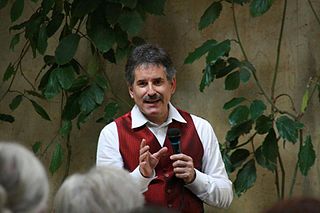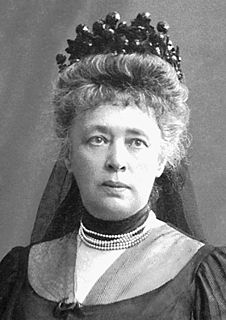A Quote by Uzodinma Iweala
People don't talk about the amount of destruction in terms of human lives that happen, whether it's through slavery, or through, for example, what Belgium was doing in the Congo - the fragmentation of society that happened after that destruction of human life.
Related Quotes
Why has time disappeared in our culture? How is it that after decades of inventions and new technologies devoted to saving time and labor, the result is that there is no time left? We are a time-poor society; we are temporally impoverished. And there is no issue, no aspect of human life, that exceeds this in importance. The destruction of time is literally the destruction of life.
I chose Congo in order to become close to a place that we had turned away from. It isn't present in our imaginations, in the stories we tell each other. Yet it's relevant to our lives and to our worlds, in a practical way. Congo supplies raw materials for the things that we use on a daily basis. We are intimately linked to Congo, economically. We're linked to it through human events that are occurring there, that affect all of us, and yet you don't find narratives of Congo present in our lives.
Christians have an important role to play in contending that no human life is "devoid of value." We can do so through courageous protest, as happened in Germany, as well, as in compassionate care for the most vulnerable members of society, as Mother Teresa did. In both approaches theology - what one believes about God and human life - matters. The world desperately needs that good news.
Destruction of the embryo in the mother's womb is a violation of the right to live which God has bestowed upon this nascent life. To raise the question whether we are here concerned already with a human being or not is merely to confuse the issue. The simple fact is that God certainly intended to create a human being and that this nascent human being has been deliberately deprived of his life. And that is nothing but murder.
The problems we face today, violent conflicts, destruction of nature, poverty, hunger, and so on, are human-created problems which can be resolved through human effort, understanding and the development of a sense of brotherhood and sisterhood. We need to cultivate a universal responsibility for one another and the planet we share.
Whenever a human being ceases to live for themselves and begins to care about that which is greater than themselves, the personality begins to experience ecstasy, joy and spontaneous liberation. And that's found through doing, through action, through giving, through deeply embracing the human experience.
If we walk down the sidewalk of any street in America a significant number of the people we pass by, if we dug into what they're going through in their lives, they're carrying burdens that they don't talk about but they're extremely heavy and painful. And so, one of the secrets of the human condition is that suffering binds people together. And when you go through something agonizing, others who know what you're feeling because they've been through it will so often reach out to you and connect with you, and give you strength and lift you up.



































